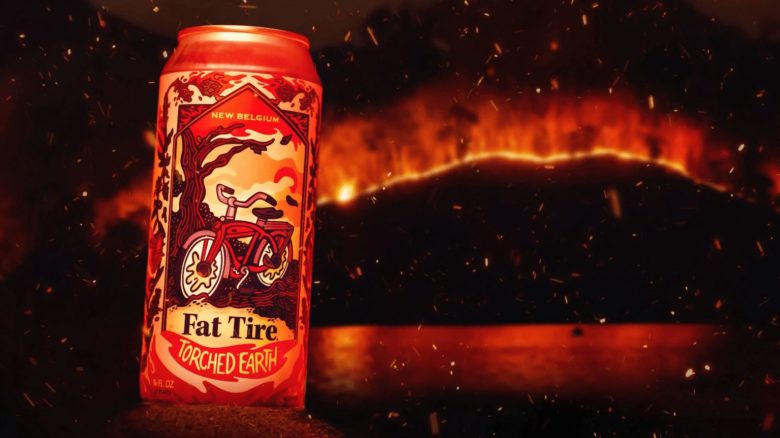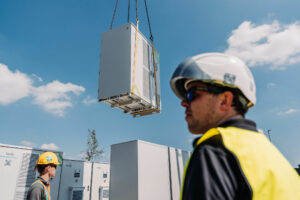Torched Earth Ale: US beer warns of climate change impact with “terrible” taste

Pollution affects agriculture in many ways. Long droughts in many countries destroy crops, while greenhouse gas emissions can spoil the taste of food ingredients. US brewery New Belgium Brewing wants to raise awareness of this problem with a new, smoky-tasting beer called “Torched Earth Ale”. The company describes the taste of the beer as “terrible” and warns of a grave future for the entire industry if emissions are not reduced. Whether the beer actually works as a deterrent or it is just a marketing gag remains questionable.
Warning to customers and companies
“To show what the future of beer could look like if climate change continues unchecked, we brewed up Torched Earth Ale. This beer uses the kind of ingredients that would be available in a climate-ravaged future,” New Belgium Brewing said. The ingredients include smoke-tainted water, drought-resistant grains, shelf-stable extracts and dandelion weeds. The result is a thick, dark liquid with a smoky taste. “While it’s technically beer, it’s not great,” the brewery said.
The “terrible” beer should service as a warning to customers, but also businesses. Initiatives to reduce greenhouse emissions are particularly vital for the beer industry, where the cultivation of raw materials such as hops or barley is increasingly shifting to other regions of the world due to climate change. If the industry does not take measures, breweries could soon face a serious crisis.
“Torched Earth Ale” can be bought in the US online in two packs of four at a price of $39.99. However, New Belgium Brewing does not expect high sales of the smoke-tasting drink.
Brewery has its own climate plan
In a campaign called “Last Call for Climate”, New Belgium Brewing is encouraging beer lovers to call on other breweries to come up with a clear climate plan by 203. By then, the company intends to have gone completely climate neutral. Some of its efforts in this direction include investing in initiatives to reduce greenhouse emissions.





























